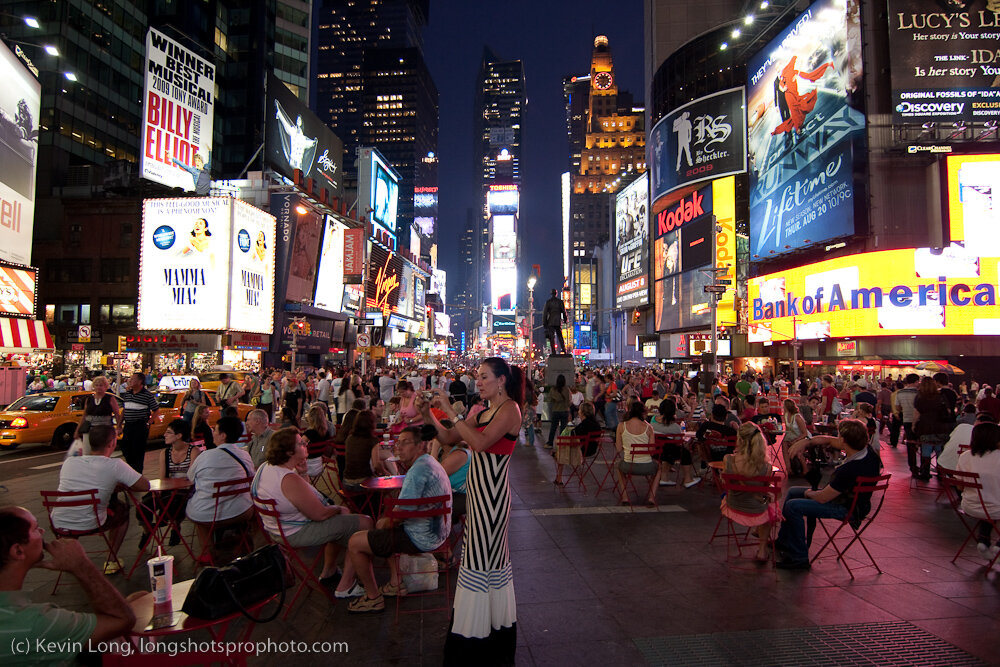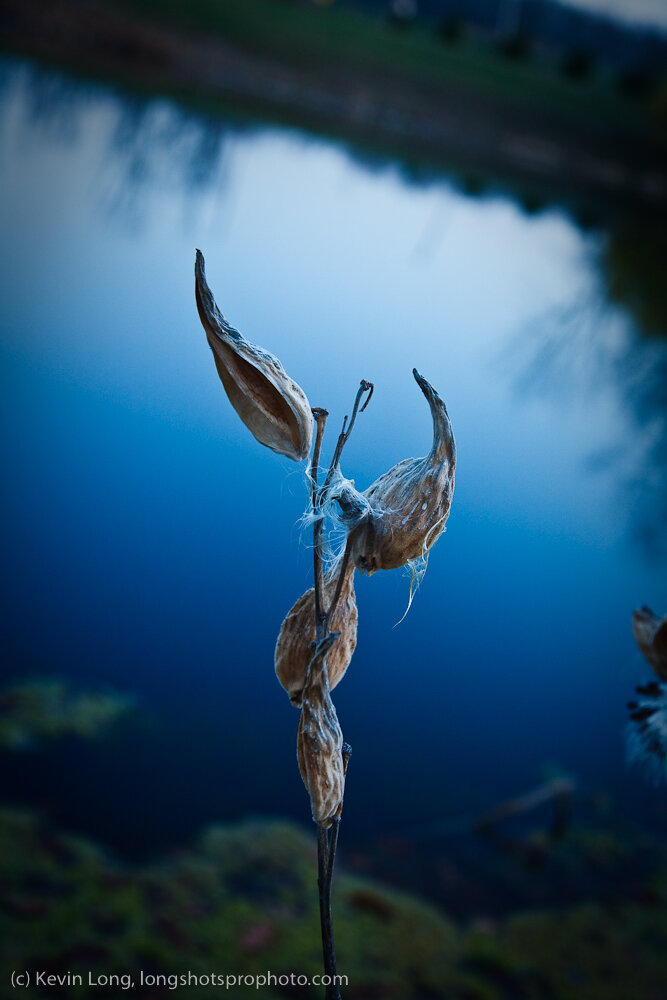If you've decided that an SLR is the thing for you, you're still in good shape. You really can't go wrong getting an SLR right now; they're all a good buy and packed with features. I generally recommend Nikons or Canons as they're the most widely-used; that means there are more accessories and used lenses available. That said, you'll find plenty of recommendations for Olympus, Sony, Sigma, Pentax, and the other brands.
Which model should you buy? I generally recommend the least expensive. Right now, that means the Canon Rebel XSi or the Nikon D3000. (The Canon link is for body only; the Nikon link includes a "kit lens" that I would recommend replacing.)
You can spend more money on a camera, but your lens investment is far more important. Cameras are replaced every few years, but people hold onto their lenses. And the quality of your images has more to do with the lens than with the camera. I recommend the 50mm f/1.8 for Canon users. For Nikon users, there's a 35mm f/1.8 available (see the comments from Matt Speicher below for more information about Nikon lenses). Fast prime (fixed focal length) lenses like these are great for a few reasons.
- they're inexpensive
- they're very fast, allowing you to shoot indoors without a flash
- they're small and light, making the camera more portable
- their image quality is superior to almost any other lens under $500 and many lenses under $1000
- the single focal length eliminates a decision from every shot you take (zooming is not an option)
[note]You can spend more money on a camera, but your lens investment is far more important.[/note]
Zoom lenses like the Canon 28-200 are nice in terms of their range, but there are trade-offs.
- they cost more
- they're heavier
- image quality is not as good
- they are slower, which will require flash in more situations (image stabilization (aka vibration reduction) helps, but still doesn't bridge the gap)
That said, at some point you'll want to buy a zoom lens. That's when friends with SLRs come in handy so you can borrow their lenses and try them out. I use pro lenses for portrait shoots, but my "walking around" lens is the Tamron 28-300. They make a Nikon version, too. The image quality is not as good as that offered by the 50mm f/1.8, but it's very versatile (if a bit slow).
Eventually, you may want to pick up a macro lens for close-up photography, or a wide-angle lens (which was used in the photo above) for a different perspective. I'd avoid getting wrapped up in the hardware, though; there are a lot of good pictures waiting to be taken with your new SLR and 50mm lens. I just created two galleries in which all of the photos were taken with a 50mm lens. I enjoyed taking the photos and, though at first I thought not having my zoom lens along would be a problem, I was very happy with the results.



 My
My